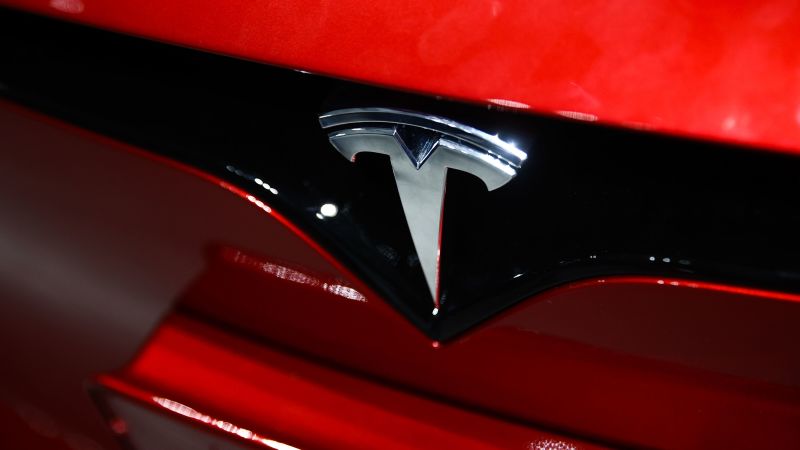Tesla, the prominent electric vehicle manufacturer, recently disclosed a significant decline in both revenue and earnings for the first quarter of the year on Tuesday, leaving investors and the market apprehensive about the company’s future performance. The firm warned that the projections for the remainder of the year seemed uncertain, creating a wave of speculation among analysts regarding its viability in the increasingly competitive electric vehicle market.
Despite concerns regarding economic factors such as tariffs, Tesla indicated that its exposure to such financial barriers is less pronounced compared to other automakers. However, the company acknowledged that it might need to reassess its operational guidance due to ongoing trade disputes, which have resulted in ripple effects across various sectors, including automotive and energy supply chains. The management asserted, “It is challenging to accurately gauge the effects of evolving global trade policies on our cost structure, the demand for durable goods, and our associated services.”
The reported revenue for Tesla showed a downturn of 9%, with a striking 20% decrease in auto revenue—a clear indication of struggled sales within the market. To compound these issues, adjusted net income plummeted 39%, a decline that not only surpassed expectations but raised alarms among shareholders who are acutely aware of the stakes involved. Analysts pointed to multiple factors contributing to this downturn, including a direct backlash connected to CEO Elon Musk’s controversial involvement during the Trump administration, notably his role with the now-defunct Department of Government Efficiency (DOGE).
Undoubtedly, Musk’s political stances have provoked reactionary responses, with protests manifesting outside several Tesla showrooms and incidences of vandalism at Tesla facilities by outspoken critics. The company has also faced a marked decline in sales within the European market, where Musk’s political activities supporting far-right factions in countries like Germany and the UK have alienated segments of the consumer base. These cumulative factors have led analysts to suggest that this is indeed the steepest dip in sales recorded in Tesla’s operational history.
Despite the less-than-rosy financial results and ambiguous projections, Tesla’s share prices remained relatively stable, ducking a dramatic downfall in the stock market following the announcement. This resilience can be attributed to the company reaffirming its intentions to launch an economically accessible vehicle model by the end of June, alongside the anticipated rollout of its highly-touted driverless “robotaxi” slated for next year. According to Tesla, this robotaxi will notably lack traditional controls like a steering wheel or accelerator, and plans to usher in an initial driverless rides service later this spring have sparked anticipation among tech enthusiasts and investors alike.
However, skepticism surrounding Tesla’s commitment to deliver these products on time is not unfounded. The company has made similar promises in the past regarding affordable models and autonomous vehicles but has frequently fallen short of follow-through. This latest announcement lacked substantial details about the much-anticipated affordable vehicle rumored to be close to production, leaving some to wonder whether Tesla can meet its ambitious deadlines.
As Tesla navigates through these turbulent waters of financial uncertainty and changing consumer sentiments, the situation remains dynamic, with further developments expected. This ongoing narrative will require continued attention and analysis, especially as Tesla seeks to reclaim its position at the forefront of the electric vehicle sector and restore investor confidence. Consequently, stakeholders will keep their eyes peeled for any signals that might indicate a positive shift in the company’s trajectory, or if impending challenges will continue to surface in the months ahead.











